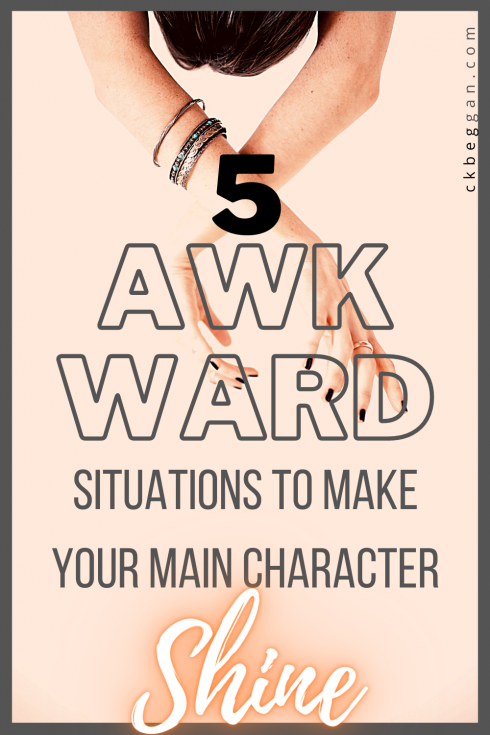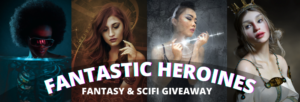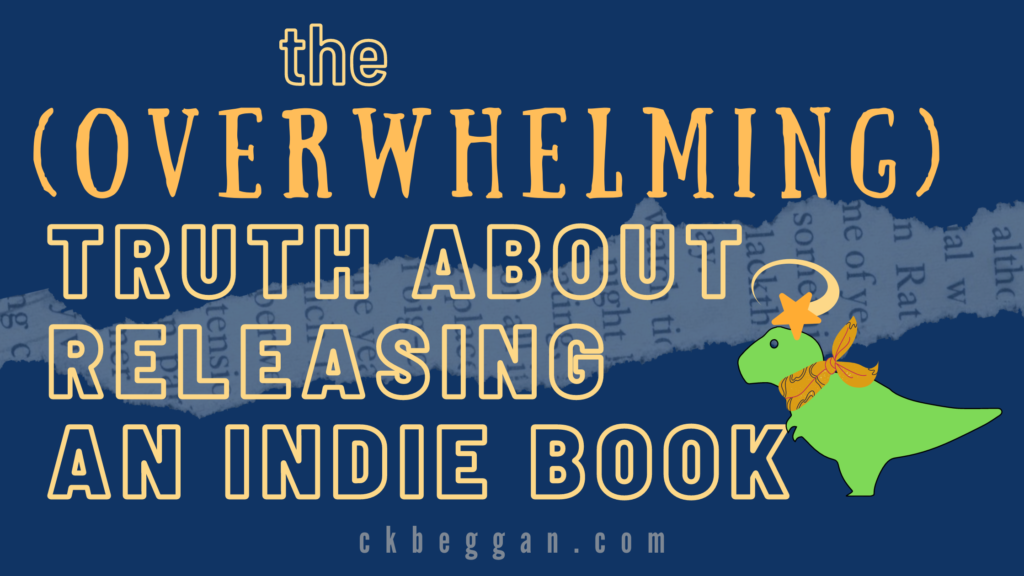Ah, the joys of writing life! In the middle of editing Girl of Glass and Fury (an ongoing endeavor) and reading great books like The Theft of Sunlight, I realized one common thread that makes characters instantly endearing: awkwardness. A special feature was born!

Since not every character can have the same traits, I started noticing how authors get around this. Awkward situations put a chink in the armor of an otherwise confident and strong character, leaving room for them to rise above, fail miserably (or endearingly) and allow the reader to feel closer to the character.
- They lack experience almost everybody has
A late first kiss. An inability to ride in a world of horses. A lack of taste at a highly refined court.
These are just a few of the circumstances that make characters instantly endearing (as long as they know what they don’t know, of course). Characters in these situations allow the reader to travel along with them on their journey. As long as the circumstances aren’t pitiable (think of Daine in Wild Magic, unable to read because of her isolated upbringing), they can bring the reader closer to your main character. Heck, your readers probably root for your MC all the more.
- A new setting is a lot more complex than they ever thought
When your MC is a fish out of water, it’s the details that really count.
In Intisar Khanani’s The Theft of Sunlight, narrator Rae arrives at court to stay with her cousin. But she has another mission: after a tragedy at home, she arrives with a question about what the government is doing to track the snatchers and help recover stolen children. All of this involves more opportunities, danger and perilous politics than she ever imagines. Yet it’s the moments in which she’s drowning in lace, and the one in which she realizes just what kind of person is helping her (he’s not as savory as country girl Rae had hoped), that we feel the most sympathy for her.
Rae’s life as the hard-working daughter of a horse rancher leaves her out of her depth in the alternately fancy and gritty capital. It’s these little scenes that endear her to readers, even more than her instances of bravery and her drive to do what’s right. We all know what it’s like to make it through any number of complex hard times, only to be overwhelmed by one detail too many. Rae’s character is deeply identifiable in those moments.
- Everything they know is wrong
There are a lot of ways to play this one. Here are just a few examples:
- The privileged MC learns how hard the lives of others are; is she brave/foolhardy enough to try to change it? (Thorn, by Intisar Khanani)
- The privileged MC who plays an active role in it and must repent (The Black Witch, by Laurie Forest)
- The struggling MC who must realize she isn’t the only victim (The Dark Angel, by Meredith Ann Pierce)
- The history the MC has been taught leaves out inconvenient truths and puts everyone in danger (yes, it’s a plug, because it’s one of my favorite devices. I used this one myself in Girl of Shadow and Glass)
- The seriously misjudged social situation that leads to disaster (Jane Austen’s eternal classic, Pride and Prejudice)
- The villain isn’t who the MC—and everyone at home—thinks (An Enchantment of Thorns, by Helena Rookwood and Elm Vince)
- The unknown villain who makes things way more serious than the (in this case innocent) narrator ever imagined (The Bear and the Nightingale, by Katherine Arden)
- The MC who lands in a secret world (City of Brass, by S.A. Chakraborty)
- The MC who realizes she’s not in the “real” world (Between Jobs, by W.R. Gingell doing double-duty in this post)
I’m sure you can think of even more examples of this!
- Their job isn’t what they thought
Your character’s job doesn’t have to say anything about them (after all, not everybody can control what they do. There’s a lot of MCs who end up as thieves). Your character’s approach to their job says a lot about them. Watching them change their views on it gives the reader a front-row seat to your MC’s inner character.
(Slight, vague spoiler ahead.)
Take Cleric Chih in The Empress of Salt and Fortune. They begin the story eager to be to the first to document Thriving Fortune, the former residence of the now-deceased Empress In-yo. Instead, Chih gets a tale of a revolution behind closed doors and all the secrets that entails.
Though Chih blithely tells Rabbit, the part-time narrator of The Empress of Salt and Fortune, that the abbey she comes from holds countless secrets, Chih doesn’t understand just what that means until they’re entrusted with them. By the story’s end, the pride that drove Chih to become the first to learn those secrets ends up making them shudder. As their companion, Almost Brilliant, puts it, Chih is experiencing duty for the first time.
Though the series moves away from Thriving Fortune, that telling change made me want to stick with Chih, who is a mostly passive MC in The Empress of Salt and Fortune, throughout their future travels.
- The unreal meets the everyday in their life
In Between Jobs, by W.R. Gingell, we see this happen in both senses: the MC’s everyday is interrupted by the unreal, and then the unreal is interrupted by the everyday.
When Pet ends up as an actual pet of two fae and one vampire who understands won’t speak English (not until he perfects it, anyway), she gets towed through the worlds Between and Behind, spots a sword pretending to be an umbrella, learns a little Korean on the fly and witnesses violent and bizzare battles she can’t understand. Being adaptable, she mostly manages to keep up, even if she can’t grasp everything she sees, and it’s interesting and hilarious to see her developing her new skills, often to the astonishment of her “three psychos.”
As fantastical (and often awkward) as that is, it’s when a policeman starts poking around that things get really interesting. Pet has to explain or redirect him from what was, until recently, unexplainable. She’s seen it with her own eyes, after all. Seeing those two (technically three) worlds constantly clashing, and watching Pet navigate it, makes for one endearing narrator and a very interesting start to The City Between series.
(Of course, you could also go the other way and have the MC blunder through the unreal. Dent Arthur Dent comes to mind.)
Have you ever put your MC into an awkward situation? Let me know in the comments below!




